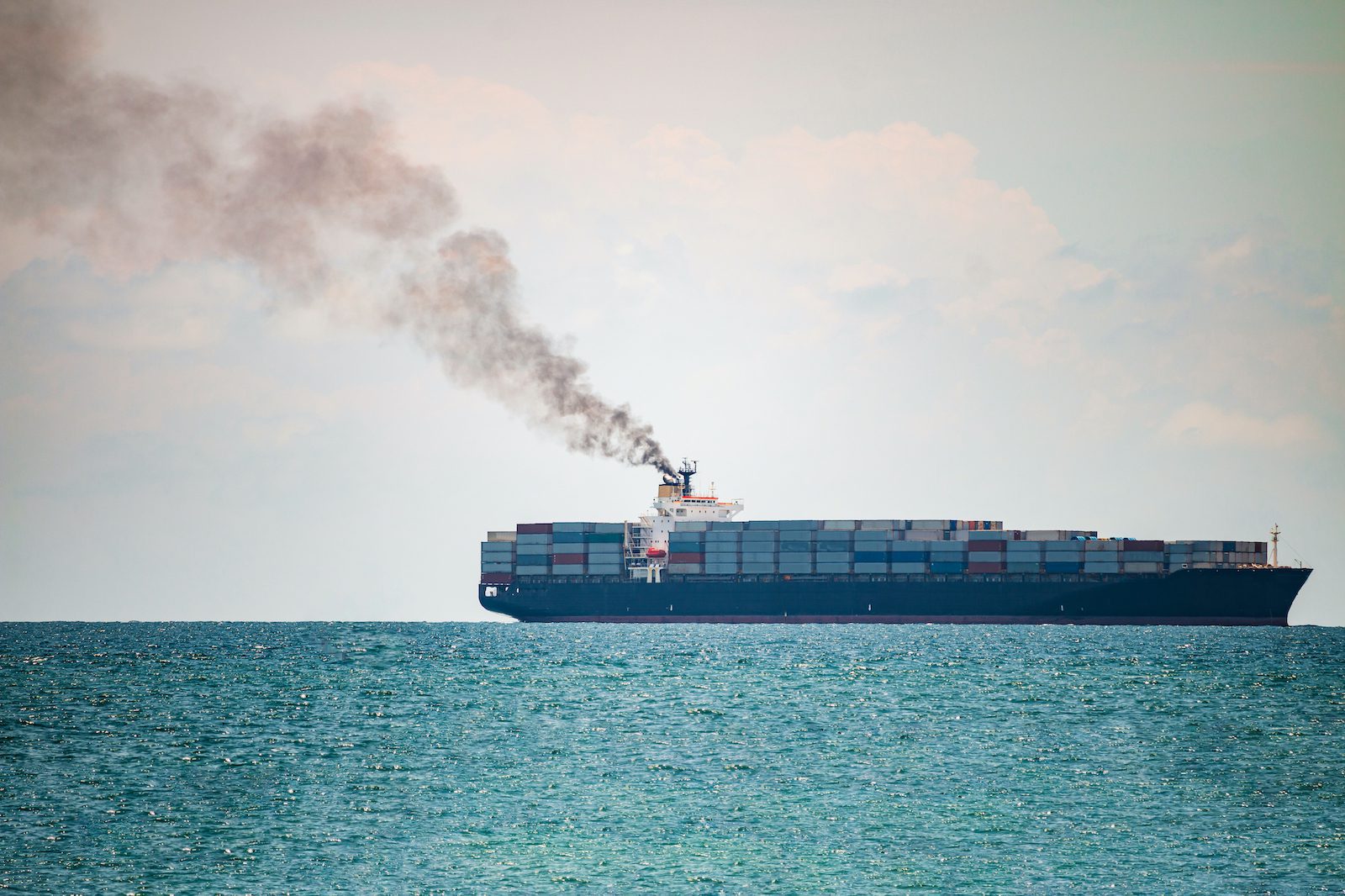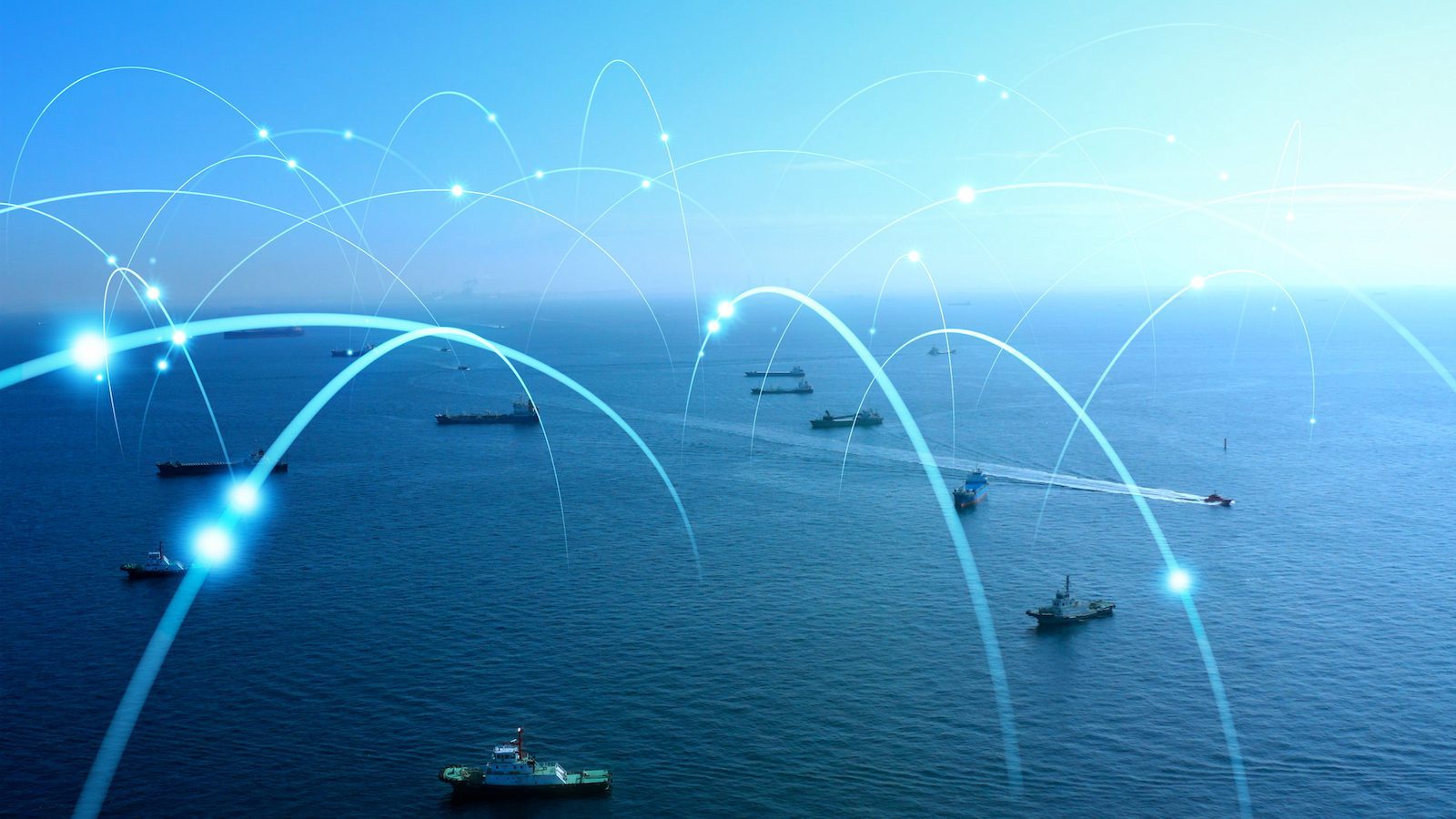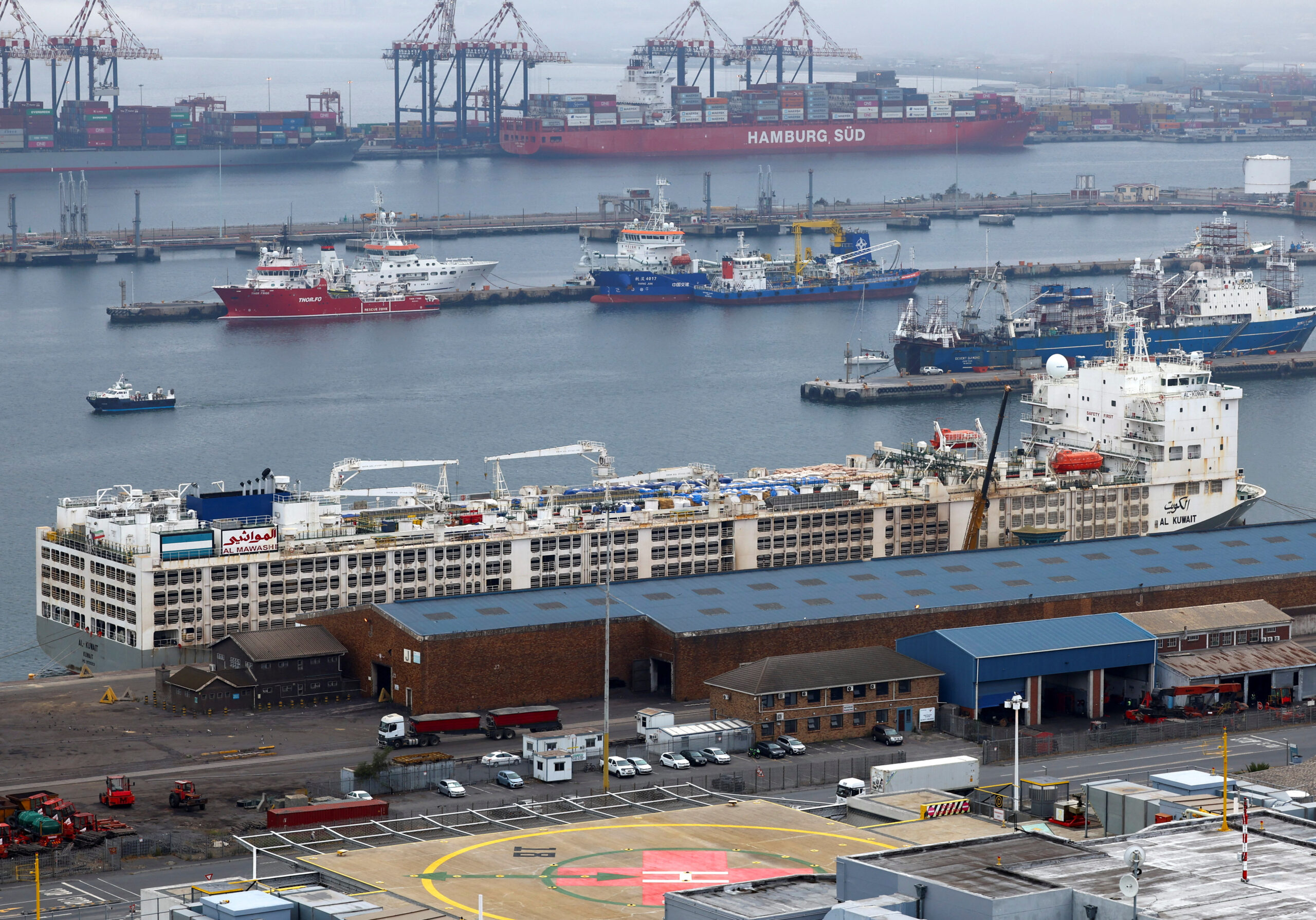The European Union has reaffirmed its support for the International Maritime Organization’s Net-Zero Framework ahead of a critical vote this week, defying stark warnings from the Trump administration that nations supporting the measure could face punitive economic countermeasures.
The IMO’s extraordinary session (MEPC E.2) is scheduled for October 14-17, where member states are expected to vote on adopting the Net-Zero Framework—a carbon-pricing regime targeting the international shipping sector. The package combines a tightening marine fuel-intensity standard with a priced compliance mechanism that would channel revenues into an IMO Net-Zero Fund for low-carbon rewards, infrastructure, and transition support.
In a joint statement issued last Friday, Secretary of State Marco Rubio, Secretary of Energy Chris Wright, and Secretary of Transportation Sean Duffy declared that “President Trump has made it clear that the United States will not accept any international environmental agreement that unduly or unfairly burdens the United States or harms the interests of the American people.”
The administration warned that “the economic impacts from this measure could be disastrous, with some estimates forecasting global shipping costs increasing as much as 10% or more.” The statement characterized the NZF proposal as posing “significant risks to the global economy” and subjecting all IMO member states to “an unsanctioned global tax regime that levies punitive and regressive financial penalties.”
The U.S. outlined several potential countermeasures against nations supporting the framework, including pursuing investigations and considering potential regulations to combat anti-competitive practices from certain flagged countries and potential blocking of vessels registered in those countries from U.S. ports. The administration also threatened to impose visa restrictions including an increase in fees and processing, mandatory re-interview requirements and revisions of quotas for C-1/D maritime crew member visas.
Additional measures under consideration include imposing commercial penalties stemming from U.S. government contracts including new commercial ships, liquified natural gas terminals and infrastructure, and other financial penalties on ships flagged under nations in favor of the NZF. The administration also said it would consider imposing additional port fees on ships owned, operated, or flagged by countries supporting the framework, and evaluating sanctions on officials sponsoring activist-driven climate policies that would burden American consumers.
“The United States will be moving to levy these remedies against nations that sponsor this European-led neocolonial export of global climate regulations,” the statement declared. “We will fight hard to protect our economic interests by imposing costs on countries if they support the NZF. Our fellow IMO members should be on notice.”
Despite the U.S. threats, the European Union released a statement in support of the framework. “The EU supports ambitious global measures at International Maritime Organization (IMO) level with a view to decarbonise the shipping sector, and ensure a global level playing field,” the EU Directorate-General for Mobility and Transport stated. “The EU views the Net-Zero Framework as a significant milestone and calls for its adoption at IMO next week.”
The EU statement added that “after the adoption, the European Commission will review the relevant EU regulations in place.”
The framework would apply to ships greater than 5,000 gross tons, covering approximately 85 percent of international shipping emissions.Vessels that overshoot intensity thresholds would be required to acquire remedial units, while efficient ships could bank or trade surplus units.If adopted, the framework could enter into force in 2027.
The U.S. position contrasts sharply with industry sentiment. Major shipping associations, including liner and shipowner groups, have urged governments to pass the package. In a joint statement issued October 9, leading international maritime associations declared: “Only global rules will decarbonise a global industry. Without the Framework, shipping would risk a growing patchwork of unilateral regulations, increasing costs without effectively contributing to decarbonisation.”
The industry statement continued: “With the support of the industry, this is a unique and historic opportunity for governments to put in place a comprehensive global framework, which will be strictly enforced worldwide, to incentivise the shipping industry’s transition to net zero emissions whilst ensuring a level playing field.”
The signatories to the industry statement represent major portions of global shipping. The Asian Shipowners’ Association represents around 50 percent of the world merchant fleet.European shipowners control 35 percent of the global commercial fleet. The International Chamber of Shipping represents over 80 percent of the world merchant fleet.
Shipping accounts for approximately 90 percent of world trade and contributes roughly 3 percent of global carbon dioxide emissions. Proponents argue that a uniform price signal and enforceable standard would align shipowners, bunkering, and ports on a common decarbonization path.
Despite the U.S. warnings, backers of the framework expect sufficient votes for adoption following April’s approval in principle, though late abstentions could affect the final tally.If the framework passes, a technical group is scheduled to meet October 20-24 to finalize guidance on fuel definitions, revenue spending, and compliance rules ahead of the 2027 implementation timeline.

 Join The Club
Join The Club










